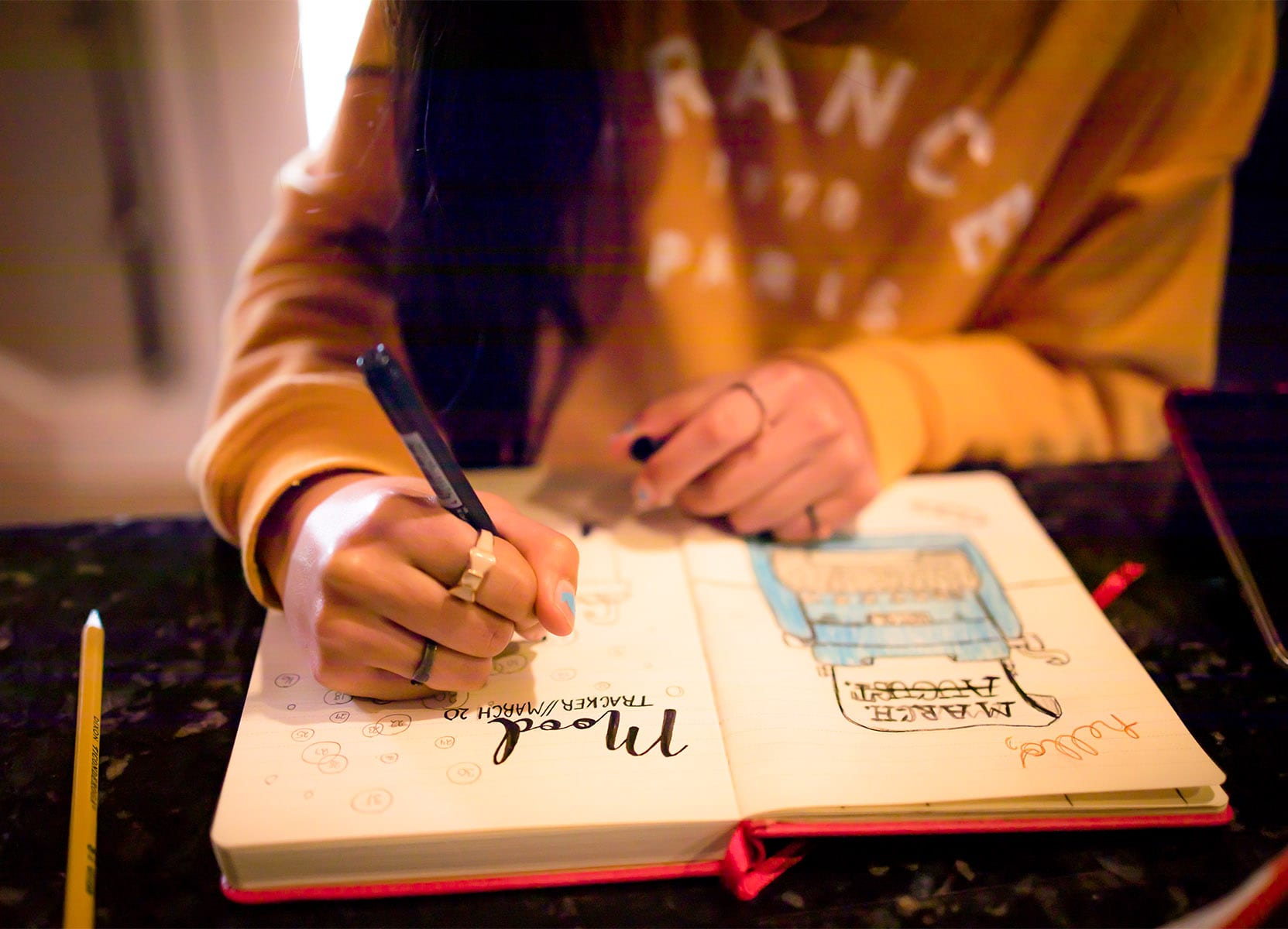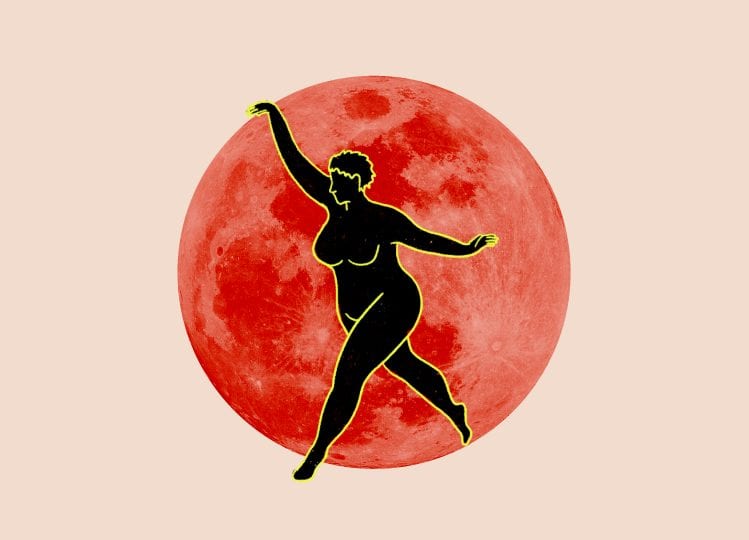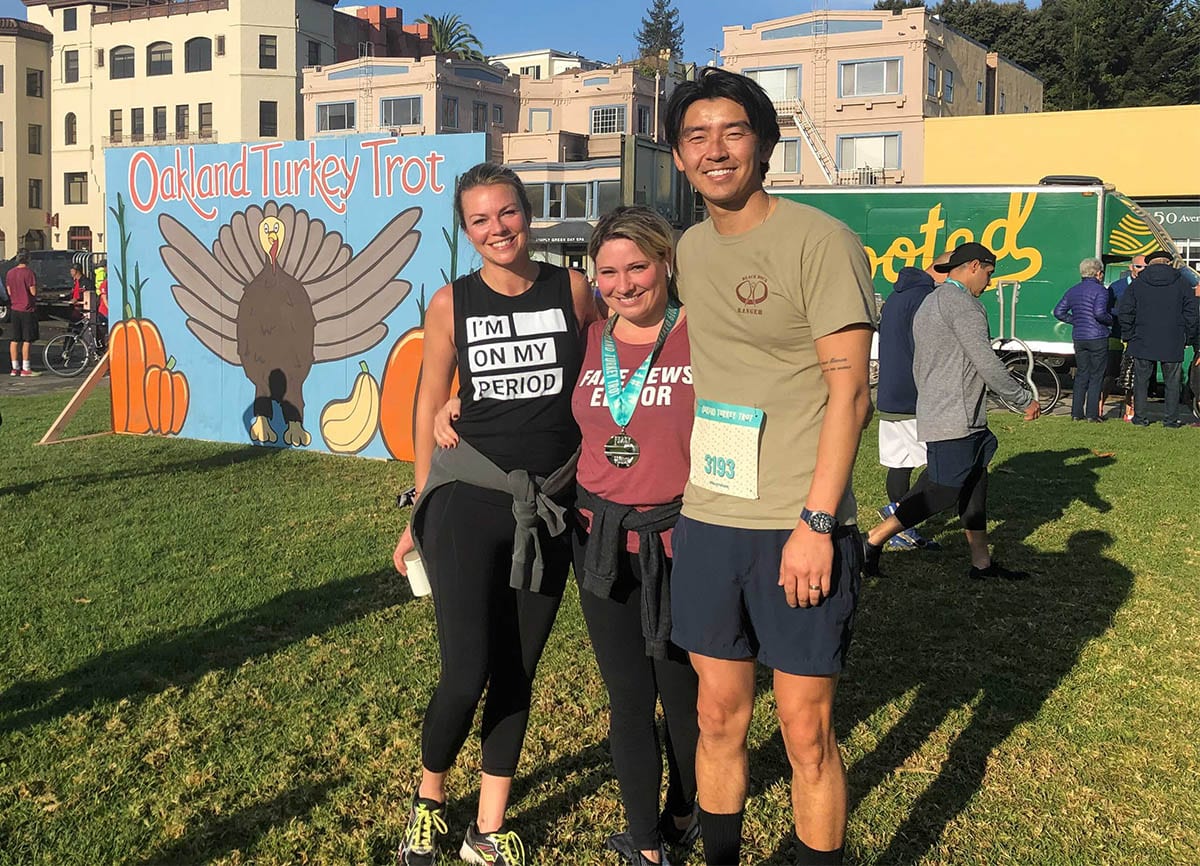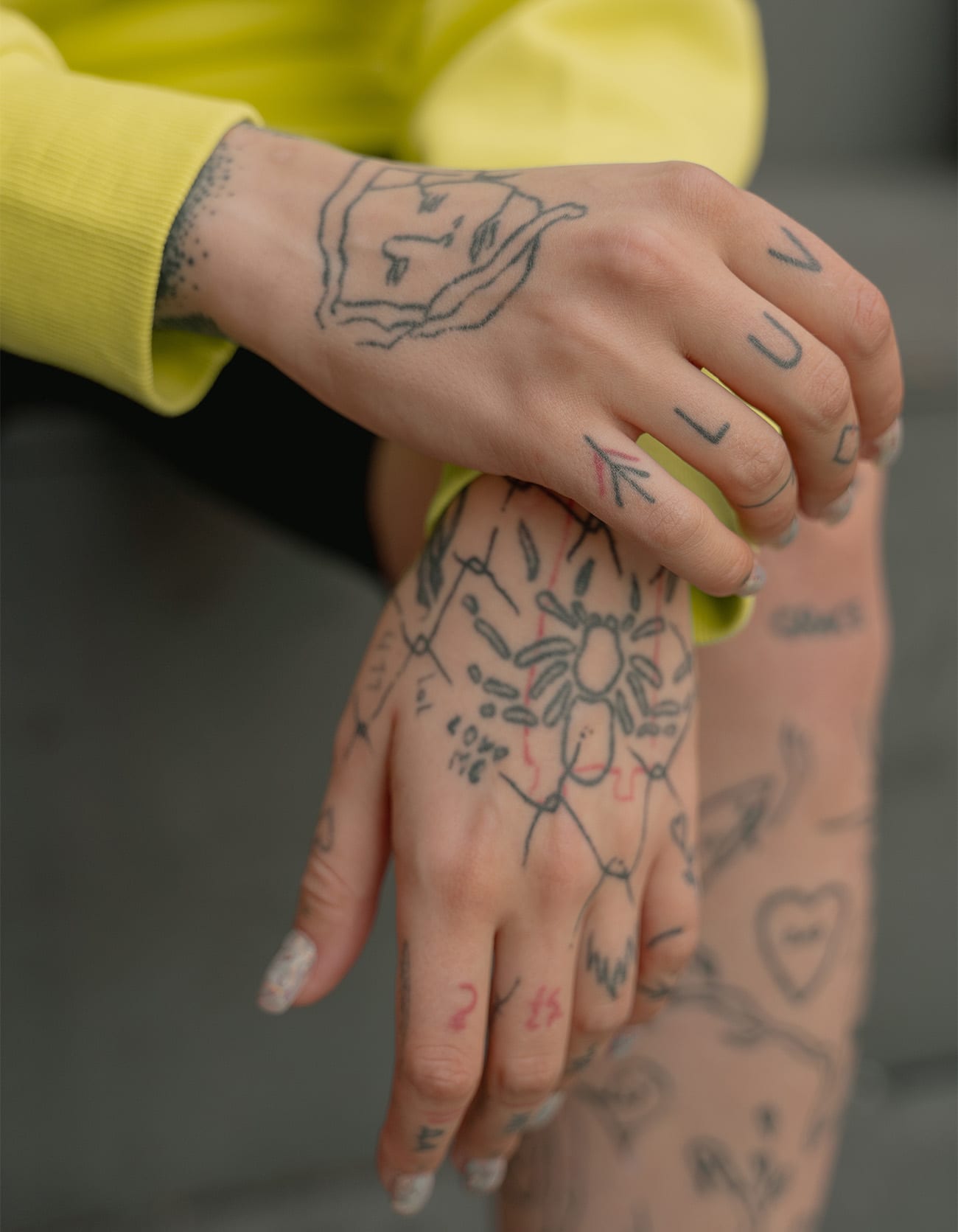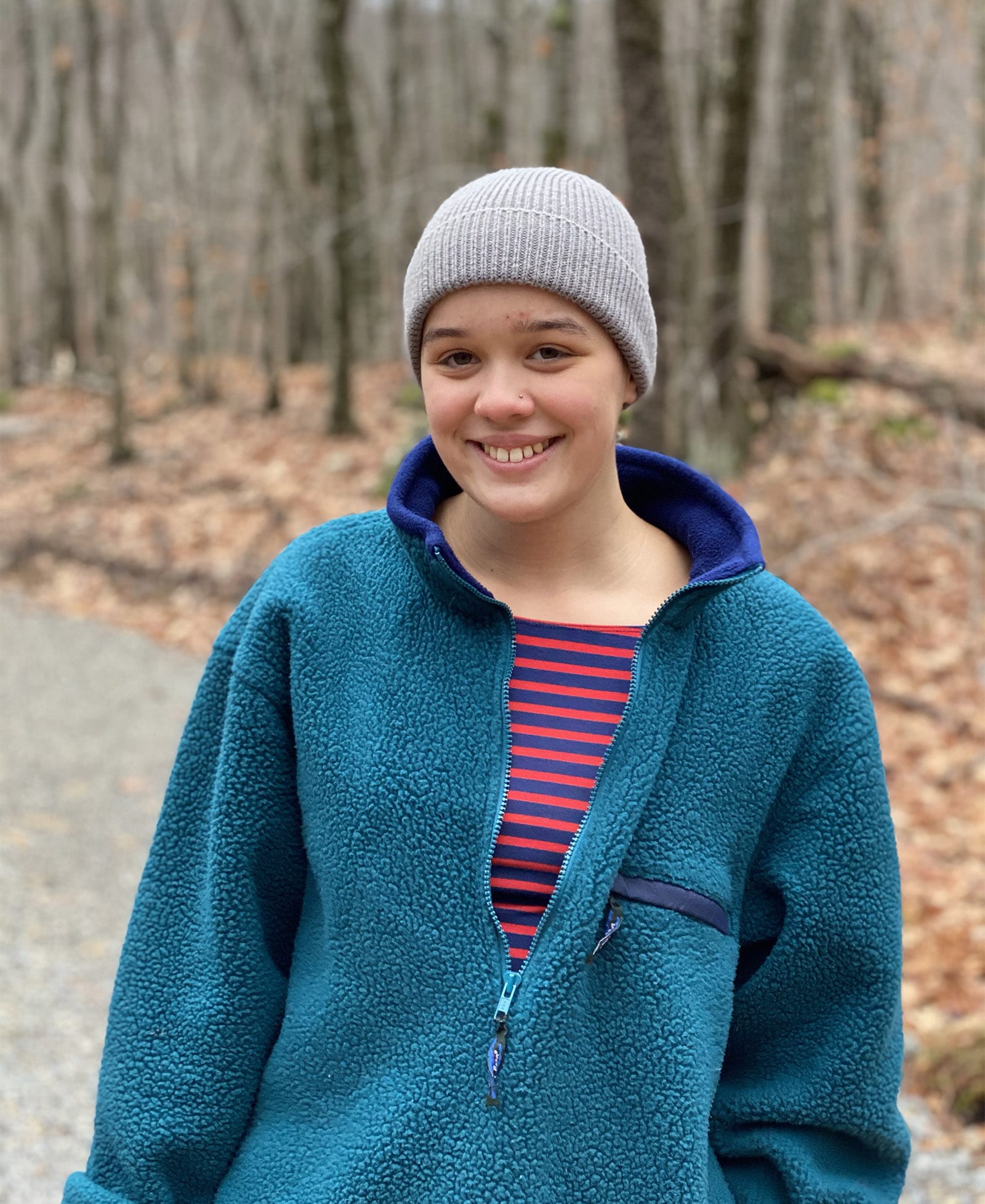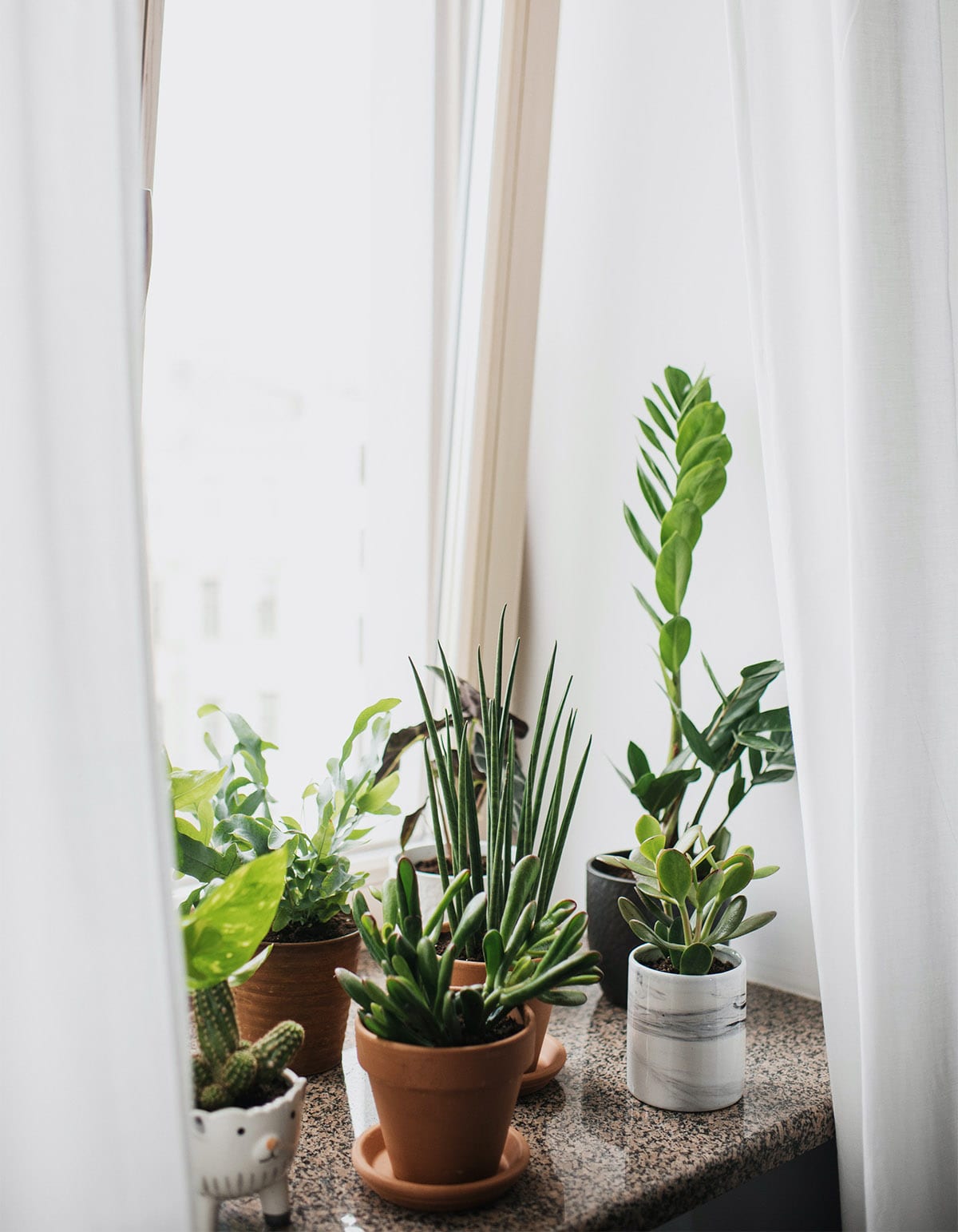Relieve Stress, Feel Better: Journaling Through Difficult Times
All this quiet time to sit alone with our thoughts is both the blessing and the curse of the 2020 quarantine – but we’d like to think that it’s largely a blessing.
With fewer external distractions and a pared-down schedule, it’s easier to tap into what our intuition wants to tell us. Journaling is one of the most effective forms of self-care (and we could all benefit from a bit more of it right about now). In fact, numerous studies show that journaling can reduce stress, improve your sleep patterns, and increase your I.Q. 1 2
Our majestic brains keep memories, thoughts, and feelings tucked away until we’re ready to greet them and process them. Sometimes they’re stored for hours; sometimes for months or even years. The act of writing things down allows us to solidify these thoughts and feelings, come to terms with them intentionally, process trauma, and make concrete plans for the future. 3
Below, we put together five journal prompts for self-reflection. In solidarity with Black Lives Matter, we included quotes from Black writers, intellectuals, and freedom-fighters to get your creative juices flowing about the future we’re trying to build together – both as individuals and as a collective.
5 Journal Prompts for Self-Reflection
“Any real change implies the breakup of the world as one has always known it, the loss of all that gave one an identity, the end of safety.”
James Baldwin, Nobody Knows My Name
Ask yourself: How do I welcome change? Do I welcome change as a necessary part of growth? Or do I resist it because I prefer to be comfortable? What am I afraid to lose in the process of changing and growing into my best self? Change can happen in my physical space — a new haircut, more plants for the apartment, or a more comfortable pair of socks. But change also happens in mental, emotional, and spiritual realms. Which of these changes feel easy, effortless, and timely? And which of these changes require more patience, trust, and acceptance of the world around me?
“in the moment, i was not ready to feel the feeling, my skin too firm, my faith too solid. when the future all seemed ahead of me, it was easier to fold an emotion into me and believe it was gone, or at least silenced.”
adrienne maree brown, “a time traveling emotion”
Ask yourself: Am I ready to unfold difficult emotions? What needs to change within my own environment to make me feel safe enough to unfold these emotions? Why wasn’t I ready to face these emotions in the moment? I recognize the strength that it takes to store an unprocessed emotion, to let something dark live inside of me without letting it take over completely. I also recognize the strength it takes to revisit that emotion and make peace with it. When have I let my pride get in the way of facing and voicing my true emotions?
“In our work and in our living, we must recognize that difference is a reason for celebration and growth, rather than a reason for destruction.”
Audre Lorde, Black Women Writers at Work
Ask yourself: When and why do I struggle to accept differences? Activist and educator J.Love Calderon often asks, “Do you want to be right? Or do you want to be free?” When have I let my pride get in the way of an insightful conversation? Have I stubbornly held onto old beliefs because I was too concerned about being right? Difference is a marker for growth. When a plant grows, I marvel at the small differences I can spot on a daily basis. In the same way, my growth happens little by little, allowing difference to push me in the right direction. How will I work to celebrate difference?
“Healing begins where the wound is made.”
Alice Walker, The Way Forward is With a Broken Heart
Ask yourself: How do I define healing? What am I willing to release in order to heal? What simple, healing tasks can I commit to on a daily basis? Going for a walk, journaling, and expressing gratitude are the emotional Neosporin that heal deep wounds. I am willing to look deep into my old wounds. Hurt people hurt people, and I commit to healing myself so that I can send healing energy to others around me. What can I learn about myself by investigating my trauma?
“Men simply copied the realities of their hearts when they built prison. They simply extended into objective reality what was already a subjective reality. Only jailers believe in jail.”
Richard Wright, The Outsider
Ask yourself: What is my relationship to punishment? Do I believe that I deserve to be punished? Do I believe that pain and suffering are necessary in life? Small forms of punishment are normalized. Suffering with an uncomfortable bra because I can’t afford a new one, or taking my pent up frustration out on an unsuspecting server or delivery person, to name a few examples. Why do we feel the need to punish ourselves? How does that affect the way that we see others?
